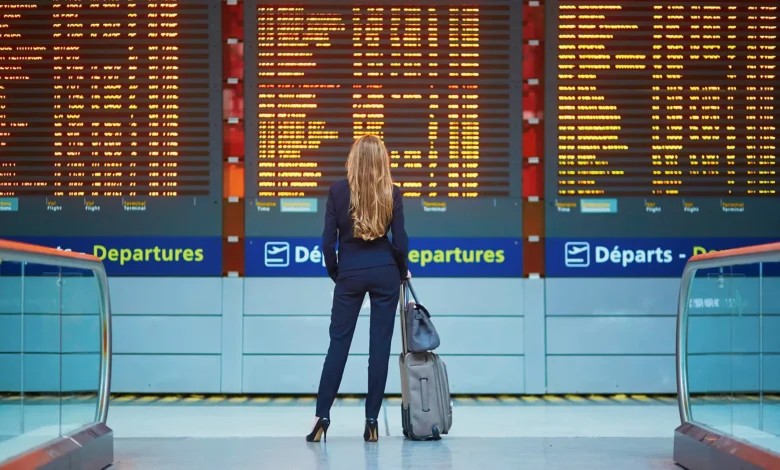
Settling In: Cultural Adaptation Tips for Expatriates in a New Country
Moving to a new country as an expatriate can be an exhilarating yet challenging experience. Adapting to a different culture, customs, and lifestyle while navigating unfamiliar territories requires resilience, open-mindedness, and a willingness to embrace change. Here are comprehensive cultural adaptation tips to help expatriates settle into a new country seamlessly.
Before the Move:

Research and Understand the Culture:
Before arriving, invest time in researching and familiarizing yourself with the local culture, customs, traditions, and social norms of the new country. Understand its history, languages spoken, religious practices, and societal expectations. This groundwork can provide a foundational understanding, easing the transition into the new environment.
Learn the Language:
Learning the local language or at least some basic phrases can immensely facilitate communication and integration. Enroll in language courses, use language apps, or practice conversational skills with locals. Language proficiency fosters connections and demonstrates respect for the culture.
Connect with Expatriate Communities:
Reach out to expatriate communities or forums online. These groups can offer invaluable insights, advice, and support based on their own experiences of relocating to the new country. Building connections with fellow expats can provide a sense of belonging and camaraderie.
Upon Arrival:

Embrace Cultural Differences:
Approach cultural differences with an open mind and a curiosity to learn. Embrace new traditions, try local cuisine, participate in cultural events, and engage with locals. This openness fosters respect and appreciation for diverse cultural practices.
Observe and Adapt:
Observe social cues, etiquettes, and behavior patterns prevalent in the new society. Adapt your behavior accordingly to align with local customs. Pay attention to non-verbal communication, gestures, and social norms to ensure cultural sensitivity in interactions.
Build Relationships:
Initiate social connections by engaging with locals, colleagues, neighbors, and fellow expatriates. Establishing relationships fosters a support system, offers insights into the local lifestyle, and eases the process of cultural integration.
During Settling In:

Stay Patient and Flexible:
Adapting to a new culture takes time. Be patient with yourself and the adaptation process. Embrace flexibility and be open to adjusting your expectations and perspectives to accommodate new cultural norms.
Seek Cultural Immersion:
Immerse yourself in local activities, hobbies, and community events. Participate in local festivals, cultural workshops, or volunteer opportunities. Engaging actively in local life enhances understanding and integration into the new culture.
Stay Positive and Resilient:
Expect challenges and moments of discomfort during the adaptation process. Maintain a positive attitude, resilience, and a sense of humor. Embracing setbacks as learning opportunities fosters personal growth and cultural understanding.
Continuous Adaptation:

Stay Inquisitive and Continuously Learn:
Cultural adaptation is an ongoing process. Remain curious, seek to learn, and embrace opportunities to deepen your understanding of the culture. Ask questions, seek explanations, and adapt to new insights as you continue to settle in.
Maintain Connections:
While embracing the new culture, stay connected with your own cultural roots. Regular communication with family, friends, and communities from your home country can provide a sense of belonging and support.
Celebrate Progress:
Acknowledge and celebrate milestones in your cultural adaptation journey. Recognize the progress made, the challenges overcome, and the newfound cultural awareness gained.
Applying for Citizenship:
Expatriates seeking British citizenship should meticulously follow the application process outlined by the Home Office. This involves completing the requisite forms, providing supporting documentation, attending citizenship ceremonies upon successful application, and fulfilling all legal requirements stipulated for naturalization.
Conclusion:
Settling into a new country as an expatriate is an enriching adventure that demands flexibility, adaptability, and cultural sensitivity. Embrace the opportunity to immerse yourself in a new culture, cultivate meaningful connections, and approach the journey with an open heart and a willingness to embrace diversity. By actively engaging, learning, and staying resilient, expatriates can navigate the challenges and thrive in their new cultural environment.




